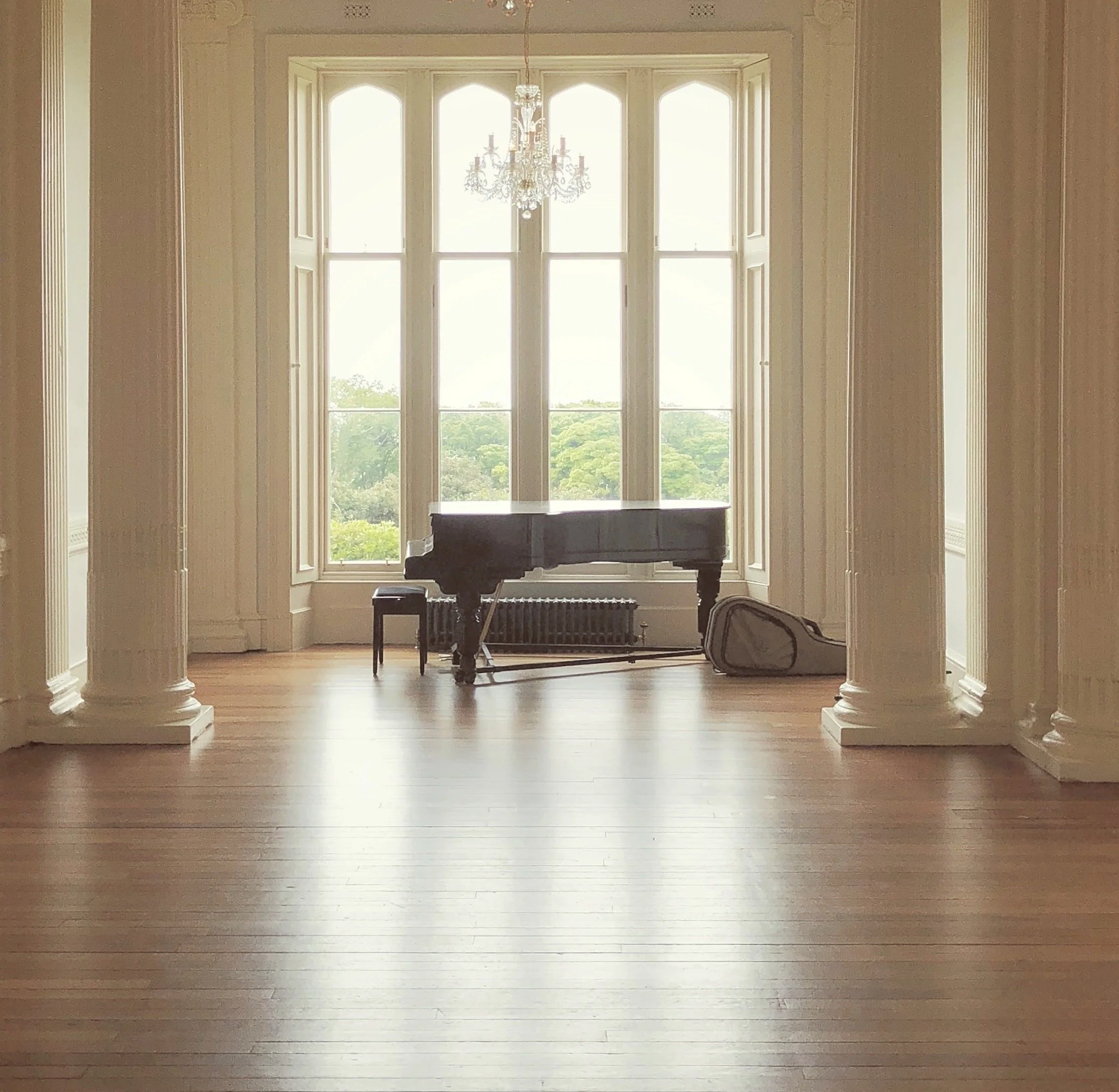Listening To Our Exhaustion
Because we do not rest we lose our way.
– Wayne Muller
One of the first things I almost always notice during personal spiritual retreats is how tired I feel. There I am, finally away from the house, sitting with a cup of my favorite tea, in some place of natural or sacred beauty, the Bible and stacks of journals before me, and all I want to do is curl up and take a nap. Even just moments ago, I was fine and functioning, but when I get to that place, where I can stop, where no one is asking anything of me and there is silence all around, all I feel is exhaustion.
This used to make me feel frustrated. After all the trouble I’ve gone to in order to get away for this time, why is exhaustion getting in the way of some kind of productive reflection or epiphany? But I’ve come to realize that my feelings of weariness must be dealt with. They are themselves a means of revelation and the experience of God. My exhaustion has something to tell me, if I learn to listen.
In her book, Invitation to Solitude and Silence, Ruth Haley Barton writes about Elijah’s experience in 1 Kings 19: “When Elijah entered into solitude and silence, one of the first things he had to reckon with was how tired and depleted he was on every level. Actually he didn’t reckon with it; he just gave in to it. He simply lay down under the broom tree and fell asleep . . . I too needed a solitary broom tree where I could give in to my deep-down-to-the-bone tiredness and listen to what it was saying about my life.”
Barton talks about two different kinds of tiredness. There’s a “good tired,” the tired we feel after a job well done. This is how I feel after a good day in the hospital, or the wrung-out tiredness after a good cry, or the pleasant soreness after a weight-lifting class (which I admit is a distant pre-COVID memory as I have yet to venture back into a gym).
“Poisoned by the hypnotic belief that good things come only through unceasing determination and tireless effort, we can never truly rest.”
But then there’s what Barton calls a “dangerous tired,” a chronic inner fatigue that accumulates over months. This kind of exhaustion can be masked by excessive activity and compulsive overworking: checking email one more time, continually cleaning the house or attacking projects. We may feel out of control and compelled to constant activity by inner impulses we are not aware of. We find it hard to relax, to do things like spend time with loved ones without an agenda, take a walk or read for pleasure. In our extra time, we tend to indulge in escapist behaviors like compulsive eating, drinking, spending, or screen-watching. We may be numb to the full range of human emotion, not being able to stop long enough to experience our emotions.
This kind of tired is dangerous because we can be very busy and look very important, yet be unable to hear the inner voice of God. Instead, we find ourselves at the mercy of external forces, whether it be the expectations of others, or our own compulsions.
When we are dangerously tired, allowing ourselves to stop and notice what is happening is one of the most important things we can do. I think of this as happening in two steps:
notice my exhaustion. Do not push through it to something more overtly spiritually productive. Do not judge myself or feel guilt or frustration. Simply notice without judgment. Wonder about it with compassion. Barton writes, “times of solitude and silence are not times for judging. They are times for noticing—noticing what is true about us in a given moment and then being in God’s presence with the things we’ve noticed.” If good-tired is on one side, and dangerous-tired on the other, where am I on the spectrum? Invite God into it with a prayer. Tell him about it as a child would to a caring parent. Linger with the awareness of my fatigue and what it may be telling me.
stop fighting my exhaustion and surrender to it in God’s presence. Remember Elijah’s story. God is willing to meet me in the midst of my tiredness and disillusionment. He can minister to me in very practical and personal ways if I let him. Jesus says in Matthew 11:28, “Come to me . . . and I will give you rest.” Consider taking a nap or lying down to rest for a moment, being conscious of doing so at God’s invitation.
We cannot find rest unless we listen first to our exhaustion, until we accept that it may have something very true to tell us. And before work can be done with our souls, very often we must care for our bodies. The angel had something very simple to say to Elijah there under the broom tree: “Arise and eat.” Elijah slept, and ate, and slept again, and ate again, and he went in the strength of that food through the wilderness to the mountain of God. We all need our solitary broom trees, where we can give in to our exhaustion and listen to what it has to say about our lives.






